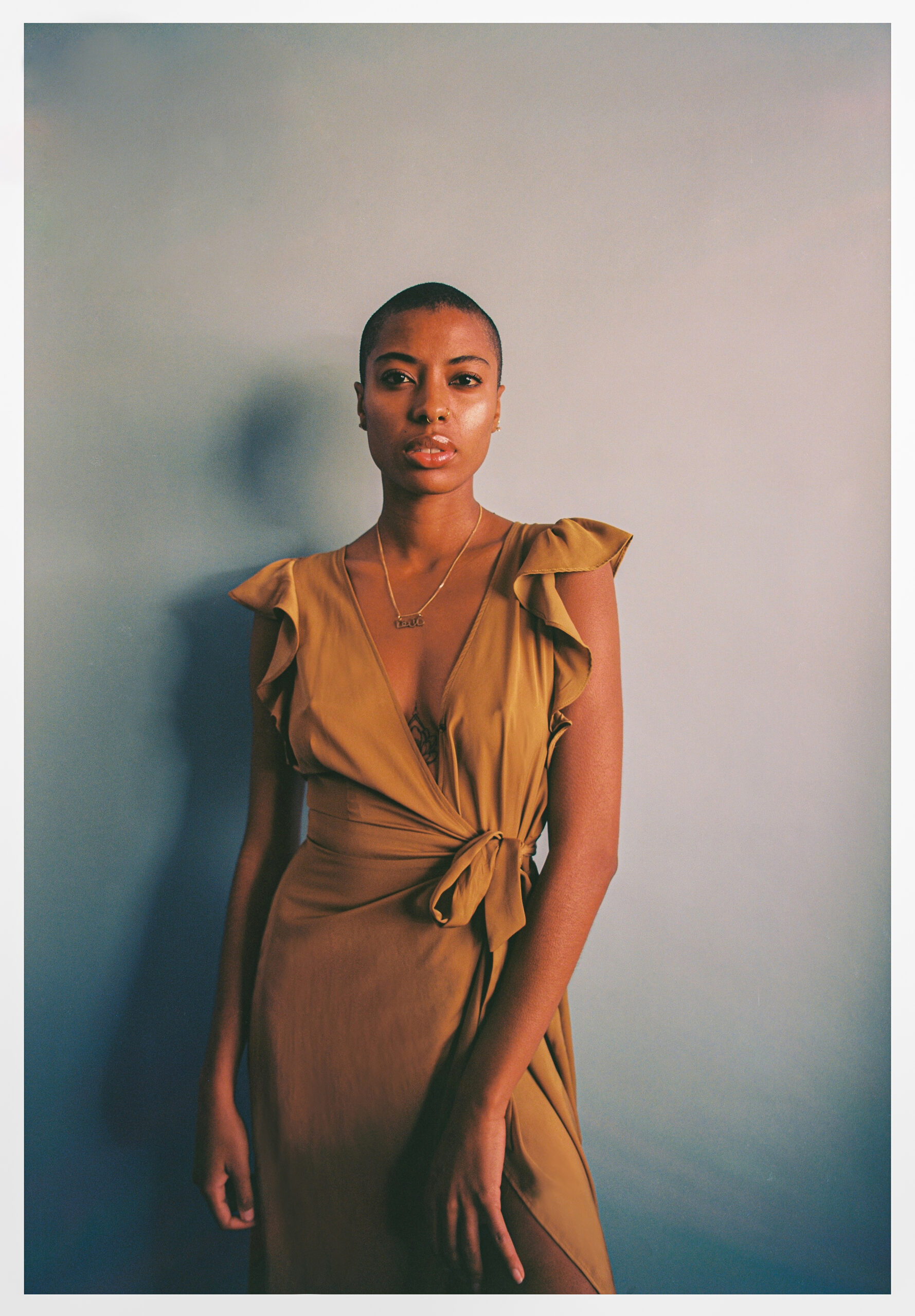
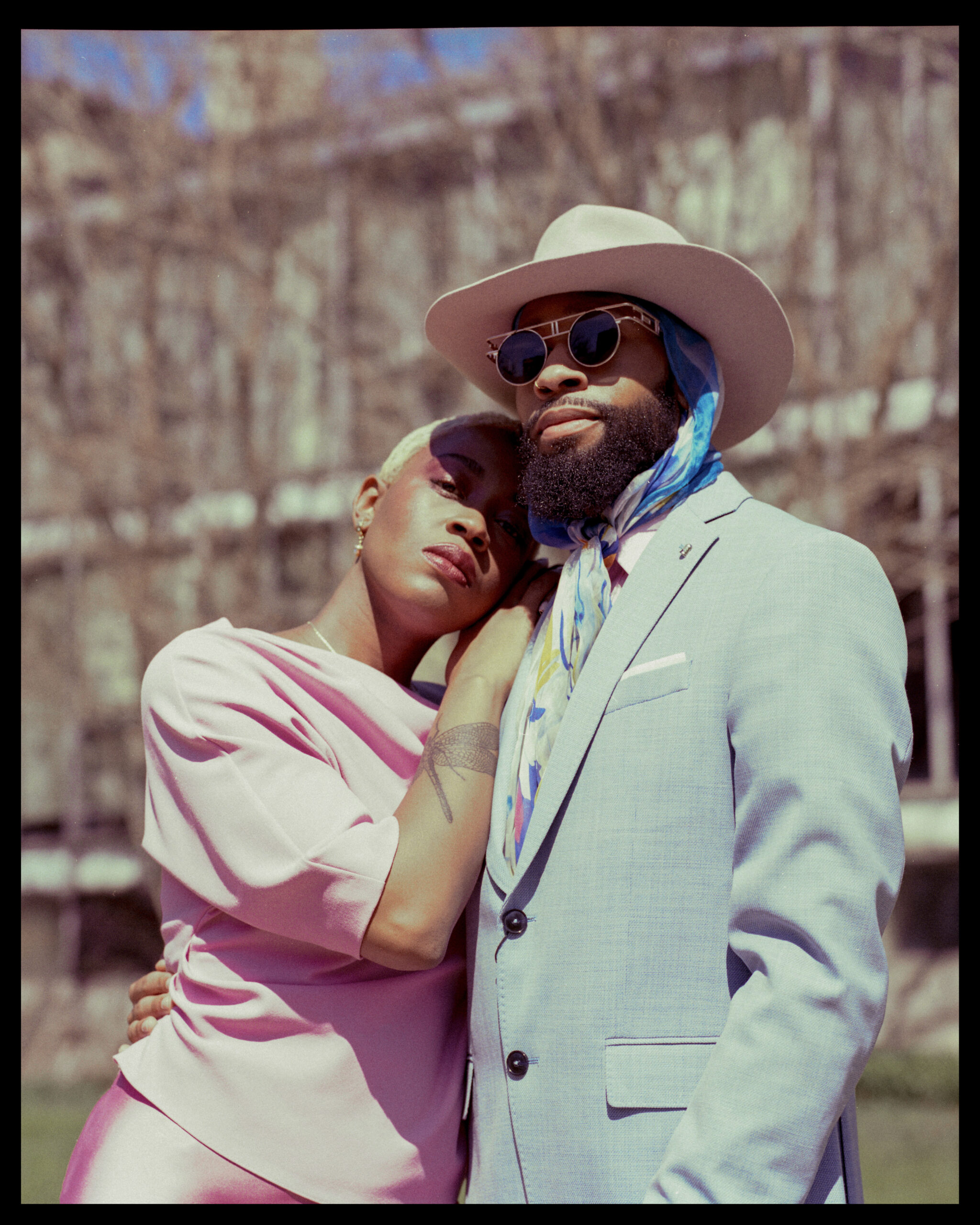
“I didn’t see people who looked like us in publications or billboards growing up,” the photographer Maya Iman says. In art school, she studied American art history, but the curriculum largely overlooked the monumental contributions of Black artists. Having been a photographer since high school, she set out to change that?—first by collaborating with the people closest to her, including friends and family members.
She immersed herself in the work of Carrie Mae Weems, Deana Lawson, Dawoud Bey, and Gordon Parks?—and in 2018, she saw Tyler Mitchell become the first Black photographer to shoot the cover of American Vogue in the magazine’s 128-year history. He was 23 years old. Mitchell and the photographer Renell Medrano, both of Iman’s generation, have continued to inspire her.
In 2019, the National Portrait Gallery acquired Mitchell’s now-iconic portrait of Beyoncé for its permanent collection. Change was in the air. That same year, Iman left her 9-to-5 advertising job in Chicago and bought a one-way ticket to Los Angeles, where she’d start her career as a freelance photographer. “I took my leap of faith,” she tells me now. “It was terrifying, but I wanted to make the most of it!”
Three months later, the pandemic hit, and lockdowns followed. But Iman sought inspiration daily, and she continued to make photographs. “My creative journey got me to the light at the end of the tunnel,” she explains. “I created some of my most personal work during this unforeseen time in history.”
That creative journey coincided with a pivotal moment for the United States, as the Black Lives Matter movement became the largest in our nation’s history. On May 25th, George Floyd was murdered by police in Minneapolis. The next day, demonstrations swept our cities. On June 6th, 2020, half a million people turned out as part of protests spanning 550 locations across the US.
That July, another photographer, Polly Irungu, launched Black Women Photographers, a platform and community advocating for change and representation in an industry that has historically been overrun by white men. Iman joined. “As a black woman photographer, I strive to make impactful and timeless work,” she tells me. “The history of African American visual culture has been overlooked throughout history; now we are in a pivotal time to share the stories of our past and present, while we also envision our future.”
Since moving to LA, Iman has flourished. Today, her clients include Air Jordan, Audi, Versace, The New York Times, and Wired. She’s represented by Hello Artists. But even as her star has risen, she’s made time to photograph friends and family, as she did in the very beginning of her career. Collaboration and conversation remain at the heart of everything she does.
“I work with my subjects in safe and intimate spaces where the beauty of trust and lifelong bonds are created and nurtured through image-making,” the artist shares. “While I am invested in always generating beautiful pictures, this cannot be done without direct collaboration with the people I photograph. I take great care to create spaces where we have open dialogue with one another, as I believe the way they want to be photographed is crucial to the process and the result.”
Along the way, she’s reached unexpected milestones. In December of 2021, Iman’s phone started “blowing up.” Three of her portraits had been prominently featured in the fifth and final season of Issa Rae’s HBO series Insecure. “I rushed home to watch the episode,” she remembers. “All of my friends and family called to congratulate me?—it was a surreal, full-cycle moment.”
Iman didn’t set out to become a portrait photographer; that was something that happened naturally. What she did realize very early on, however, was her potential to make images that would make a difference and have an impact. Growing up, she dreamed of seeing herself reflected in magazines and billboards. As an adult, she’s set her sights even higher.
Maya Iman is a member of Black Women Photographers, a global community bringing together Black women and non-binary photographers. To learn more about Black Women Photographers, visit their website, and follow along on Instagram at @blackwomenphotographers.
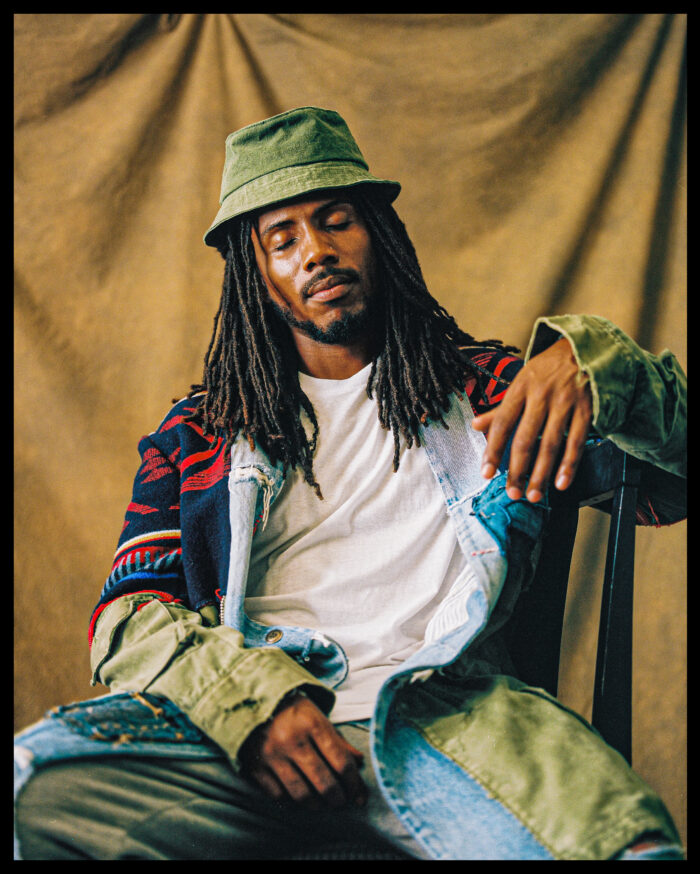
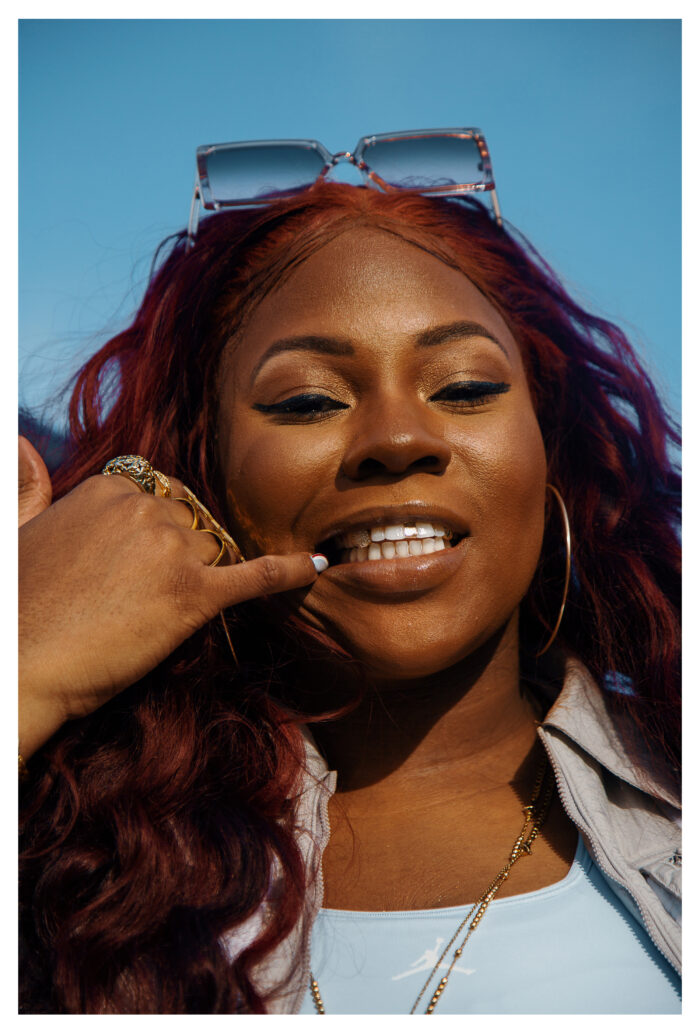
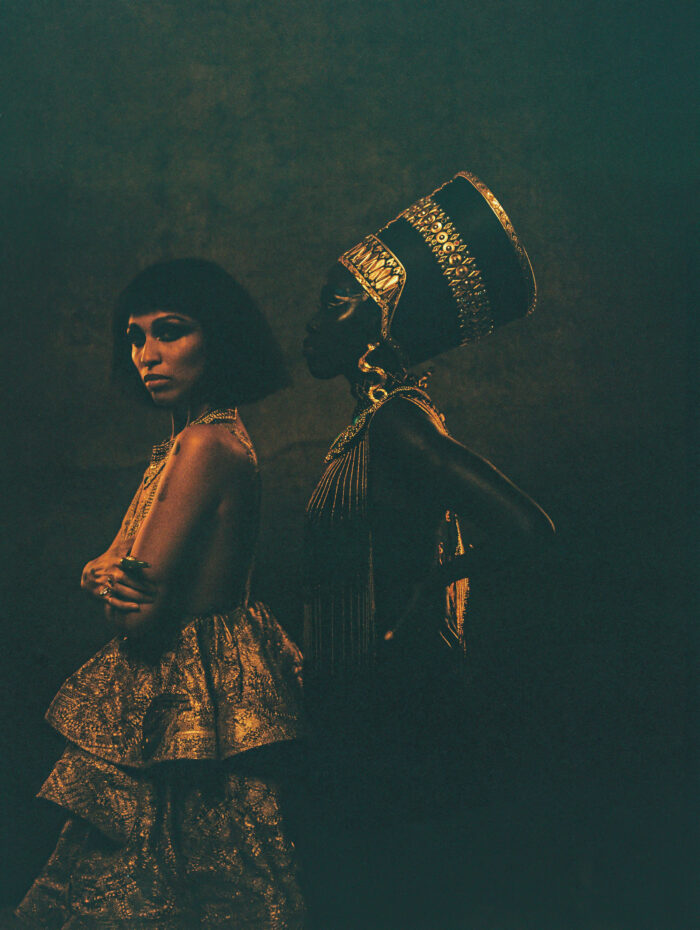
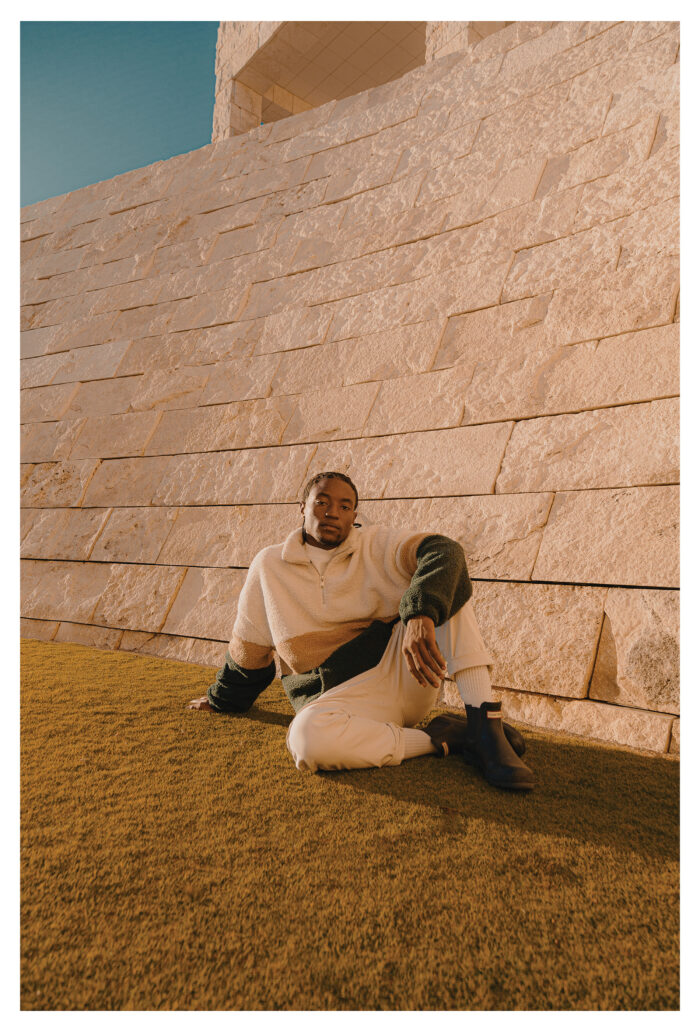


Leave a Reply